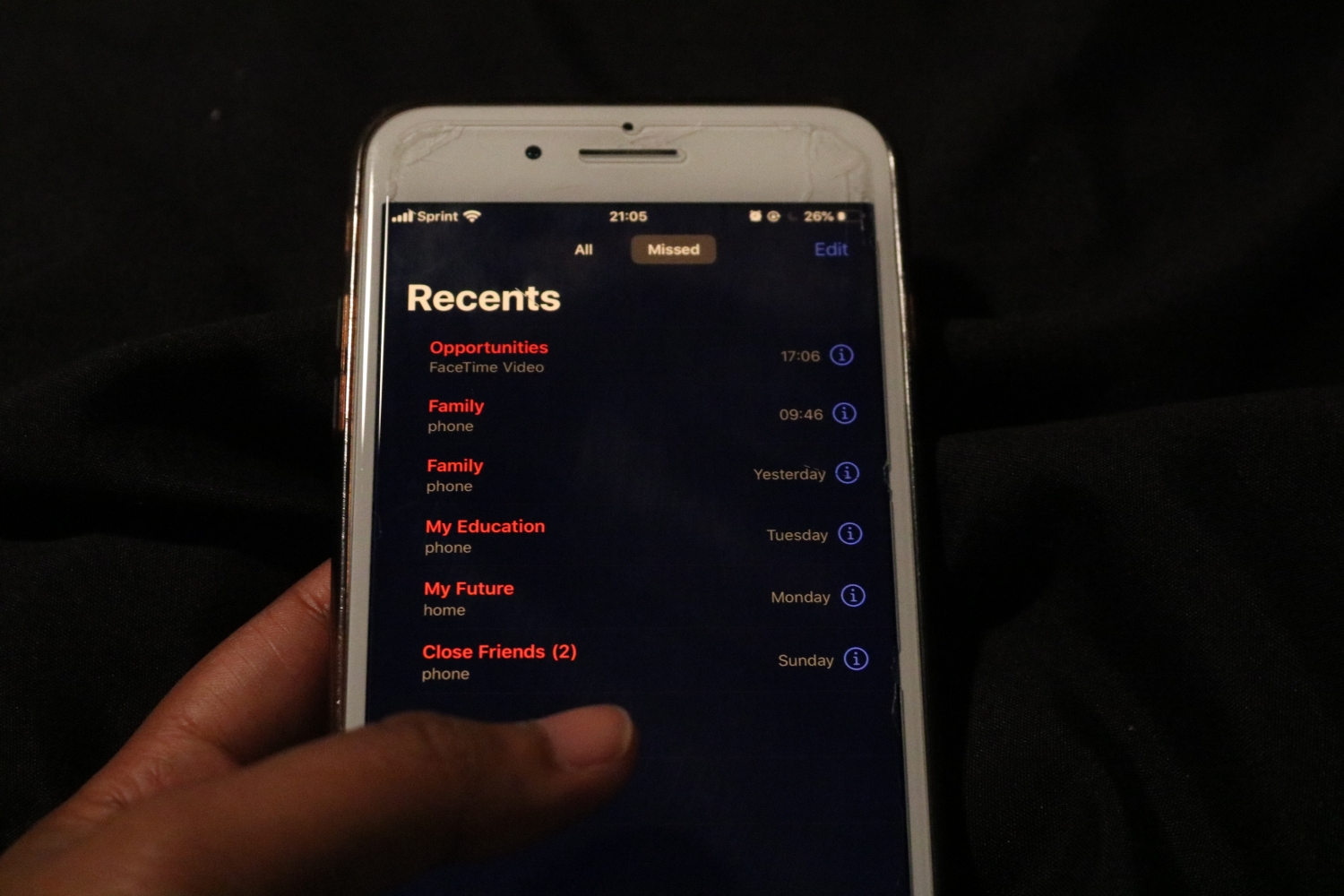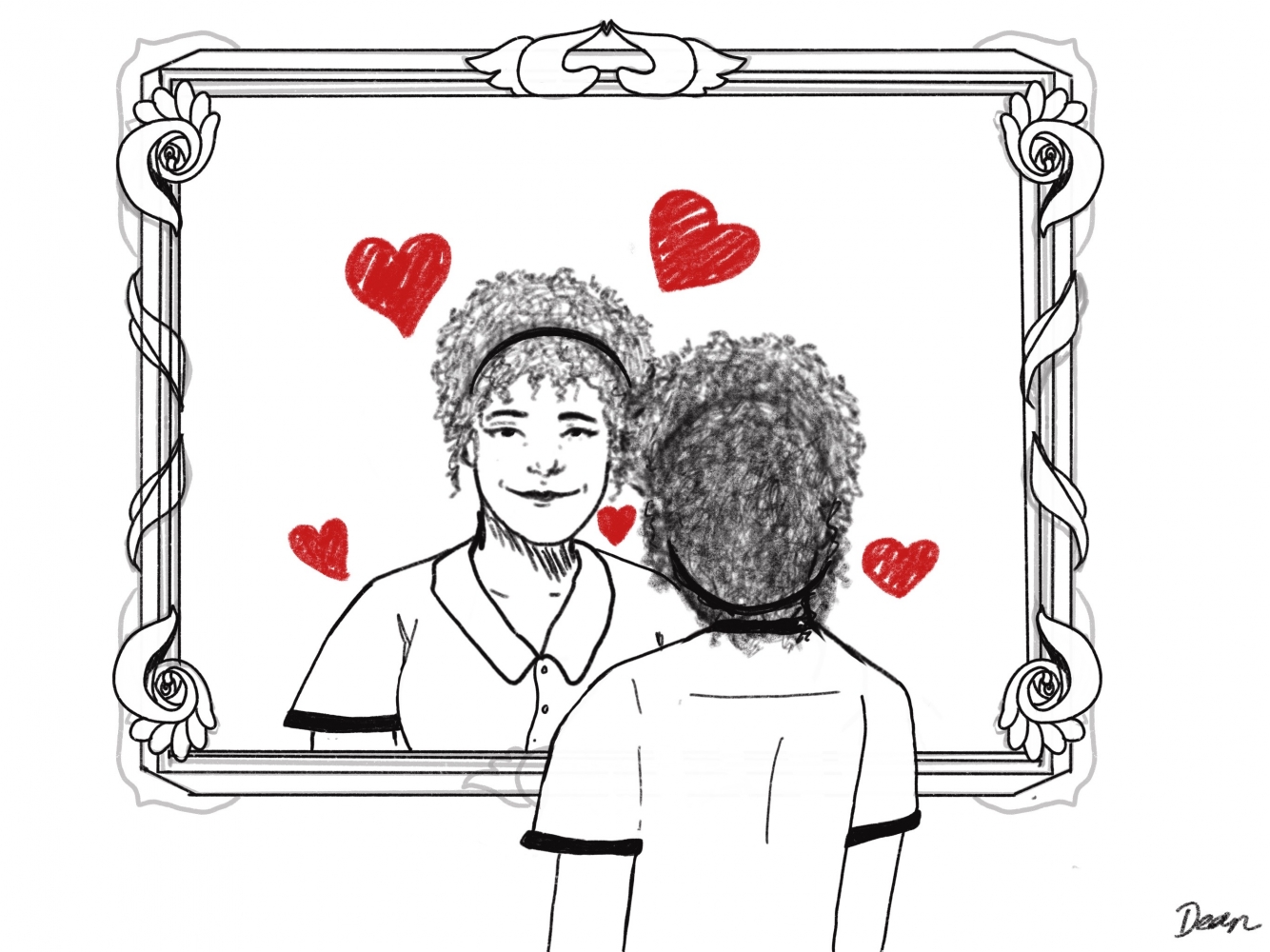Laying awake late at night, feeling too exhausted to leave bed, staring at walls and dissociating, ignoring calls and messages–it has taken me years to recognize that I have not become lazy, but I am just depressed. Not only was it difficult to realize in its own, but growing up in a Black household—I was groomed to believe that mental illnesses did not exist so commonly.
Everytime I confided in my mother with these dark feelings, she would hush me up with a hug and tea and tell me to pray a long prayer before bed. It angered me every time–I could pray a thousand nights and attend church for 100 days, but it would not change the fact that I am struggling with this disorder now. It was never that she did not believe depression existed, but she had trouble understanding it was a condition I struggled with.
I was made to feel that my condition was a result of me being ungrateful for all that life has given me. My home, close friends, education and the opportunities I have, it must mean nothing to me because I feel this way. When I stepped back to look at how fortunate I was, I couldn’t help but be boiled with anger—how could I still feel sad? Life is filled with beautiful experiences and I am wasting each day by drowning in thoughts and suffocating under emotions.
But I am not alone, it is a continuing problem in the Black community that we do not acknowledge the disorders from our family members. Each day I try waking up and finding something to be grateful for, because I was told that my actions made me ungrateful. I occupy my time in pretty things and people to ignore the fact that as soon as I return back home, I feel entirely alone.
Not only do we have issues with accepting disorders but even sexualities. It has taken the Black community so long to even admit that we are not all cis-straight, yet even still it has been a long process trying to accept this fact. I could stare at my ceiling for hours and think about an inevitable doom without being fully conscious of what I am doing. Over time, this habit became harder to control and contain—which my mother assumed was just a downfall of my own character.
Her close mindedness made it difficult to decipher if I was depressed or just another teen with a lot of stress. The way the idea was approached made me feel like I was just being lazy and I needed to work harder. But what I wish my mother understood, is that besides depression being very real, it is not a bizarre concept for her own daughter to struggle with the condition—even though she lives a beautiful life.
On the days I cannot speak or am unusually quiet, the days I don’t leave my room or even stop to smile when she checks in–it isn’t out of spite. I do not want to feel defeated by admitting there is an imbalance larger than me that I cannot control, and it is not just my character. I do not wake each day in search of ways to water my anger onto other gardens, and when I tell her I cannot pray these bad blues away, I hope she understands. Some battles have to be fought with fist and not just open palms.















![Weighing her options, senior Allyana Abao decides between going on a practice drive or calling an Uber. Though unlicensed, Abao has considered driving to be a significant milestone of teen independence despite alternatives that provide much easier solutions.
“You're able to be independent and not rely on others,” Abao said. “You're able to get a job, get things that you need, go places you need to go. I have so many places that I want to go to and I ask [my family] for so much. I want to be independent to where they know that I can do things on my own, so they know that they don't have to be there for me.”](https://southwestshadow.com/wp-content/uploads/2025/10/IMG_2922-1200x900.jpg)
![Looking at the board, former BSU secretary Christina Altaye begins to prepare for BSU’s second year of Club Feud. This year, “Are You Smarter Than a Ninth Grader?” will be replacing this event. “I think it’s a fun change [to Club Feud],” BSU Activities Director Hellen Beyene said. “[I think] it’s always fun to do something new and different.”](https://southwestshadow.com/wp-content/uploads/2025/10/Screenshot-2025-09-29-11.06.43.png)


!["I will be attending Trunk or Treat [for FCCLA]" junior Crystal Li said. "We're gonna use Mr. Harbeson's car, and we will be [hosting three different activities]."](https://southwestshadow.com/wp-content/uploads/2025/10/IMG_0980-1200x900.png)